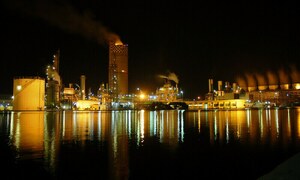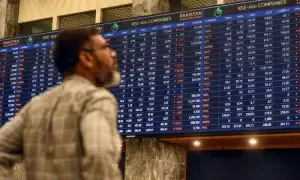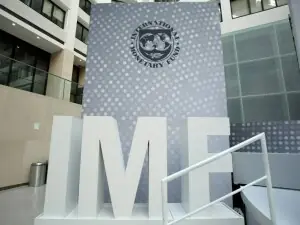 SINGAPORE: Gasoil refining margins could spike to $40 a barrel in 2020 as more shippers shift to middle distillate fuels when new rules limiting sulphur emissions take effect, Bank of America Merrill Lynch said on Tuesday.
SINGAPORE: Gasoil refining margins could spike to $40 a barrel in 2020 as more shippers shift to middle distillate fuels when new rules limiting sulphur emissions take effect, Bank of America Merrill Lynch said on Tuesday.
From 2020, the UN International Maritime Organisation will ban ships using fuels with sulphur content above 0.5 percent, compared with 3.5 percent now, to curb pollution.
Shipowners could install a kit called a "scrubber" that strips out sulphur emissions, allowing them to use the dirtier fuel oil. They could also switch to using costlier, low-sulphur fuels such as marine gasoil, very-low-sulphur fuel oil, or shift to liquefied natural gas.
With a majority of shippers eyeing a shift to marine gasoil or very-low-sulphur fuel oil, diesel cracks could rally as marine gasoil supply tightens into 2020 and "the expected 1.3-4 million barrels per day (bpd) surge in middle distillate demand could result in diesel cracks hitting $40/bbl in 2020," the bank said in a note.
The NYMEX crack spread for heating oil, or diesel, against WTI crude is currently trading at around $26.50 a barrel.
"We expect less than 900 ships to have scrubbers before 2020. But we see installation capacity growing, and believe 7,000 ships could have scrubbers installed by 2025," the bank said.
With more ships complying, demand for high-sulphur fuel oil could grow by 1.5 million bpd in 2020-2025, it said.
But supply of very-low-sulphur fuel oil is expected to remain in short supply and could potentially trade at parity with marine gasoil in 2020, said the bank.
The bank estimated current global demand for marine fuels at 5 million bpd, of which 70 percent is comprised of dirtier fuel oil.





















Comments
Comments are closed.